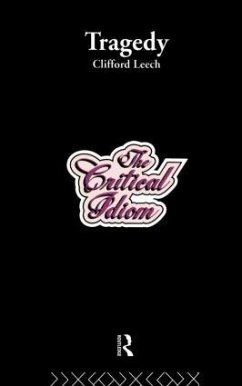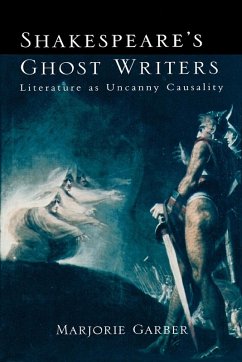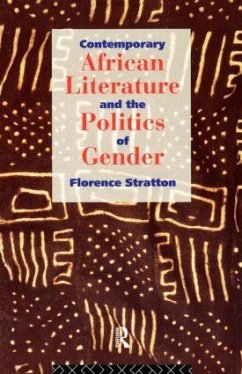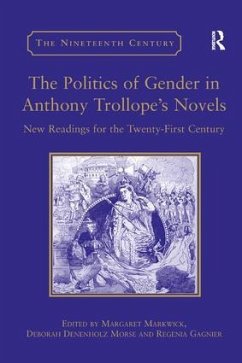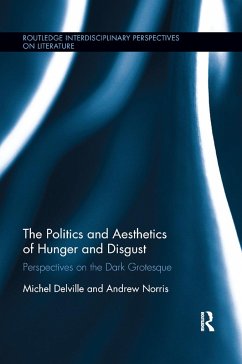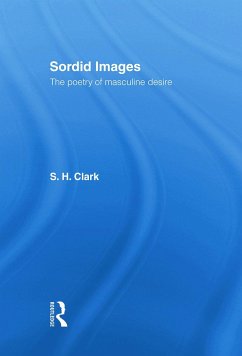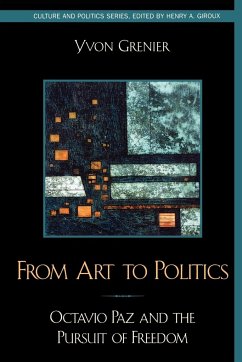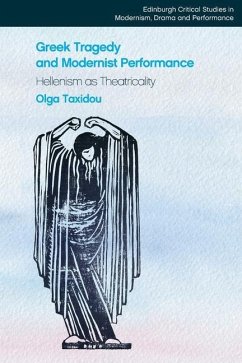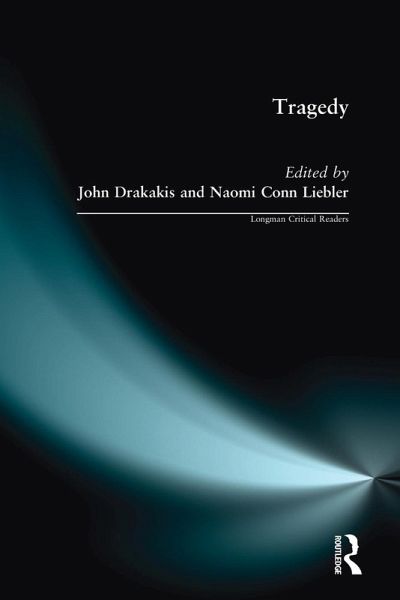
Tragedy
Versandkostenfrei!
Versandfertig in 1-2 Wochen
70,99 €
inkl. MwSt.
Weitere Ausgaben:

PAYBACK Punkte
35 °P sammeln!
This wide-ranging and unique collection of documents on one of the most enduring of literary genres, Tragedy, offers a radical revaluation of its significance in the light of the critical attention that it has received during the past one-hundred and fifty years. With growing interest in the areas of post-structuralism, sociology of culture, social anthropology, feminism, deconstruction, and the study of ritual, new questions are being asked about this persistent artistic exploration of human experience. This book seeks to represent a full selection of these divergent interests, in a series of...
This wide-ranging and unique collection of documents on one of the most enduring of literary genres, Tragedy, offers a radical revaluation of its significance in the light of the critical attention that it has received during the past one-hundred and fifty years. With growing interest in the areas of post-structuralism, sociology of culture, social anthropology, feminism, deconstruction, and the study of ritual, new questions are being asked about this persistent artistic exploration of human experience. This book seeks to represent a full selection of these divergent interests, in a series of substantial extracts which display the continuing richness of the debate about a genre which has provoked, and challenged categorical discussion since the appearance of Aristotle's Poetics.





